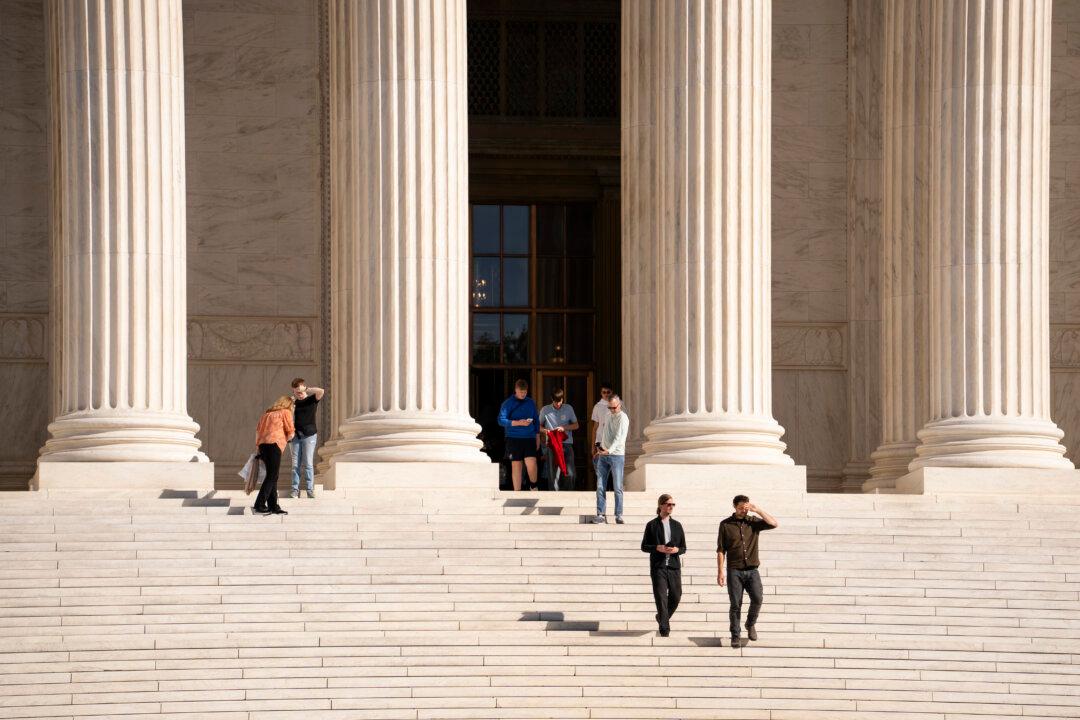U.S. Supreme Court justices seemed skeptical of Wisconsin Bell’s claim that overbilling alleged by a whistleblower does not fall under the federal False Claims Act (FCA).
The assertion was raised during oral arguments on Nov. 4 in Wisconsin Bell Inc. v. United States ex rel. Heath.





